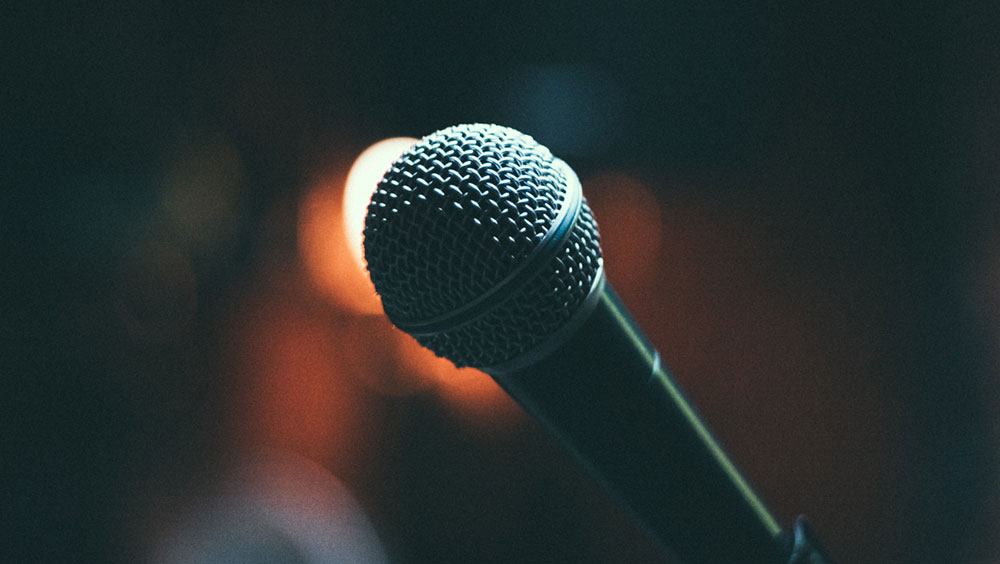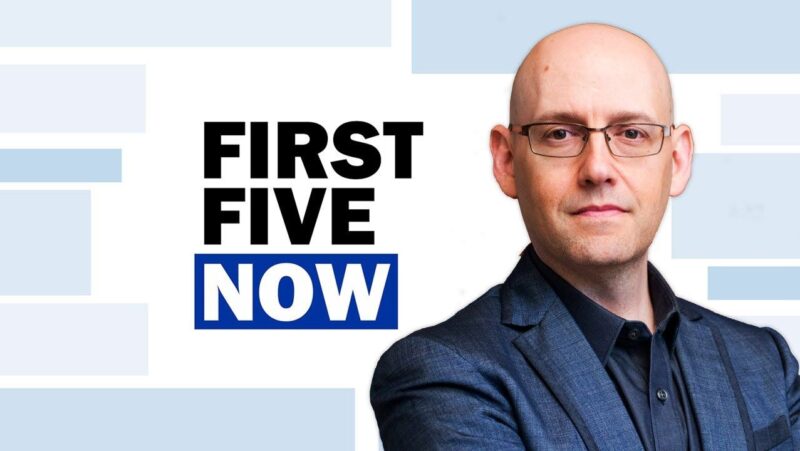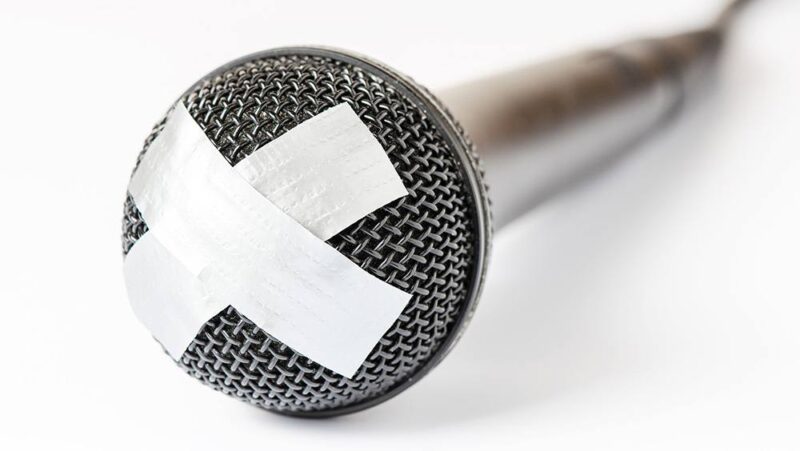Funny or Not, Speech is Still Free

Did you hear the one about the comedian who got fired from Saturday Night Live for making offensive comments before he ever set foot on the show? It’s no joke.
In September 2019, comedian Shane Gillis was hired and then promptly fired by the long-running sketch comedy show after his racist and homophobic comments from a year-old podcast came to light. Several comedians came to his defense, claiming that Gillis was a victim and that his firing exemplified an erosion of free speech in the United States of America. But does it?
This comedy controversy highlights the tricky intersection between our fundamental freedoms and cultural trends; it also reveals the messy collisions that can take place between opposing viewpoints. And it illustrates commonly held misunderstandings about what is and is not considered protected speech under the First Amendment.
For the record, being fired from Saturday Night Live — or any TV show for that matter — is not a First Amendment issue. The First Amendment only protects people in the United States from government censorship. Private companies are not bound by its restrictions. NBC was well within its rights to terminate Gillis’s employment.
More importantly, the First Amendment does not protect individuals from facing social repercussions for their offensive speech. If Gillis’s podcasts never saw the light of day, odds are that NBC wouldn’t have been in a position to fire him. Nonetheless, his comments were publicized and the sizable public outcry that followed — also protected by the First Amendment — undoubtedly influenced the network’s decision.
From our viewpoint, Gillis’s firing and the clashing opinions surrounding it does not mean that our right to free speech is in jeopardy. It’s quite the opposite, actually.
Our founders included the First Amendment in our Constitution because they recognized the importance of a free flow of ideas and information to democratic government and of protecting the rights of people whose views might be unpopular. If the government were to determine which speech is too offensive to be allowed, that could put them on a slippery slope. Bans on offensive speech might morph into bans on any speech that makes government leaders look bad or comes from political enemies. The First Amendment and the breadth of its protections never changed for that very reason.
But public tastes have changed over the years. Significantly. Popular comedic routines from decades passed are considered objectionable by today’s standards. Today, comedians who make women, minorities or LGBTQ individuals the butt of their jokes can expect that at least some of their audience will push back. Popular comedian Dave Chappelle has been publicly denounced for jokes he featured in his Netflix specials that mocked members of the LGBTQ community.
Why has our standard for “what’s acceptable” changed? The evolution stems in large part from having more diverse voices involved in the conversation, with historically marginalized communities taking advantage of increased opportunities to exercise their First Amendment rights and pushing back against speech that denigrates them. The advent of the internet and social media has provided these previously underrepresented groups with new, open platforms to speak out, offer a new and different perspective and generate broader support.
If the history of comedy in America is any indication, this undoubtedly won’t be the last controversy. In many ways, we’re glad that’s the case. These debates push us to revisit our understanding of free speech and look for ways to navigate a complex culture, full of differing viewpoints and experiences. But that can only happen if we look past the surface-level attacks and assumptions. Free speech isn’t always funny, nor is it always easy to understand. And it will continue to breed conflict. But more speech for more people puts us on a trajectory toward a better society.
And whether you’re a comedian that pushes boundaries or a comedian that merely pushes buttons, don’t cry foul or “free speech” when people invoke their own right to free speech and start to push back vocally on your material. The joke is on you, because that’s how the First Amendment works.
Bestselling Author Brad Meltzer Battles School Book Bans
How (and Why) These 16 Famous Songs Were Banned
Related Content
$30,000 Giving Challenge
Support the Freedom Forum’s First Amendment mission by Dec 31st and double your impact.

